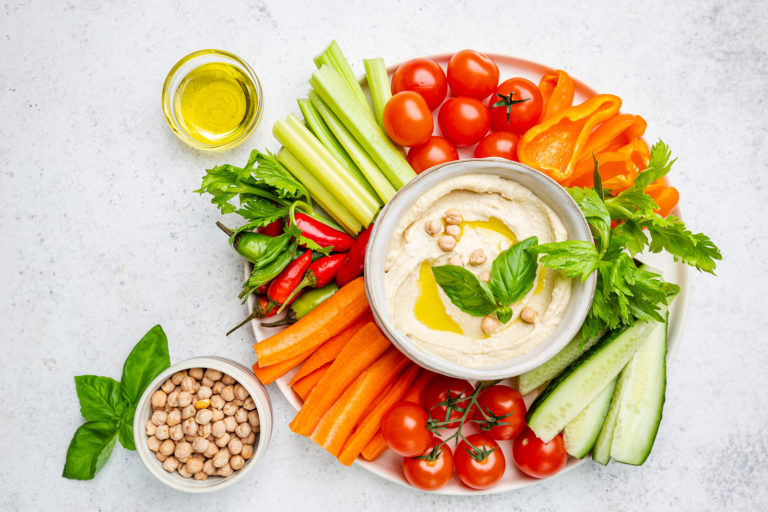When people think of dieting, it’s generally with the thought of treating a medical condition or achieving a goal like losing weight. However, there are also religious diets that allow its practitioners to meet the requirements of their religion. A kosher diet is a great example and fairly well-known, but many people haven’t heard of the halal diet.
“Halal” is simply Arabic for “lawful.” If you hear people use this word in conjunction with food items, they’re discussing the dietary practices that are noted in the Quran. The majority of food items out there are permissible under a halal diet, but it can get a bit tricky when food is being produced. If you’re interested in following a halal diet that also happens to promote optimal health, then these suggestions can help you easily and confidently do so.
Take Advantage of Spices
Halal meals in many cases feature a wealth of spices. They frequently include curry, and turmeric is an example of a curry ingredient that offers plentiful health advantages. The spice is an antioxidant that can make people a lot less susceptible to detrimental medical conditions such as arthritis, cardiovascular disease and even colon cancer. Turmeric isn’t the only spicy menu addition that can help your health. A couple other delightful options are paprika and ginger.
Chapati Makes Meals Easy
Chapati is an unleavened flatbread that is consumed by Muslims all over the globe. Chapatis consist of wheat, and people tend to eat them alongside condiments that are halal like olive oil and peanut sauce. It isn’t uncommon to eat chapatis next to vegetables and meats, either. If you want to revel in a healthful halal diet, you should make chapatis one of your nutrition staples.
Stuff Your Vegetables
There’s no arguing just how healthy regular vegetable consumption is for any diet. And if you’re interested in making the most out of a halal diet, then you should prioritize frequent vegetable intake. You can do so in the classic Muslim way as well. Stuffed vegetables are a tradition among Muslims everywhere, specifically for lunch and dinner meals. If you’re keen on nutritious options like zucchini, you cannot go wrong with the stuffed veggie route.
Beans are great for a well-rounded diet
Beans are a big part of many different varieties of cooking, and they’re just as effective for a halal diet. If you’re interested in following and keeping up with an authentic halal diet, then beans will become a nutritious staple to your dishes. The great thing about beans is that they come with a variety of flavors and textures, allowing you to use them in a lot of different ways. If you have any concerns about burning fat, beans are actually a great way to add protein to your food, which will help you to keep from snacking throughout the day.
Your Protein of Choice? Chicken
If you want to feel full and satisfied on a halal diet, then chicken will quickly become a staple. If you get your hands on chicken that’s halal certified, then that means that the animal was slaughtered in a humane way that adheres to the teachings of the Quran. There are certain meats that are not halal, but chicken is going to be a safe staple no matter where you’re purchasing food – so long as the meat was produced properly.
Eating healthy chicken dishes can do a lot for people who want to drop excess pounds. It can also make people a lot less vulnerable to the possibility of getting cancer. If you want to keep your blood pressure in check, eating chicken can assist you with that.
Reasons to Opt for a Halal Diet
People have so many incentives to opt for halal diets in their day-to-day existences. These kinds of diets can open people up to a wide array of possible perks. Halal diets can be suitable for people who care about ethics. They can be suitable for people who want to enhance their metabolisms considerably as well. Speaking with a doctor about halal dietary patterns can be both smart and prudent.

